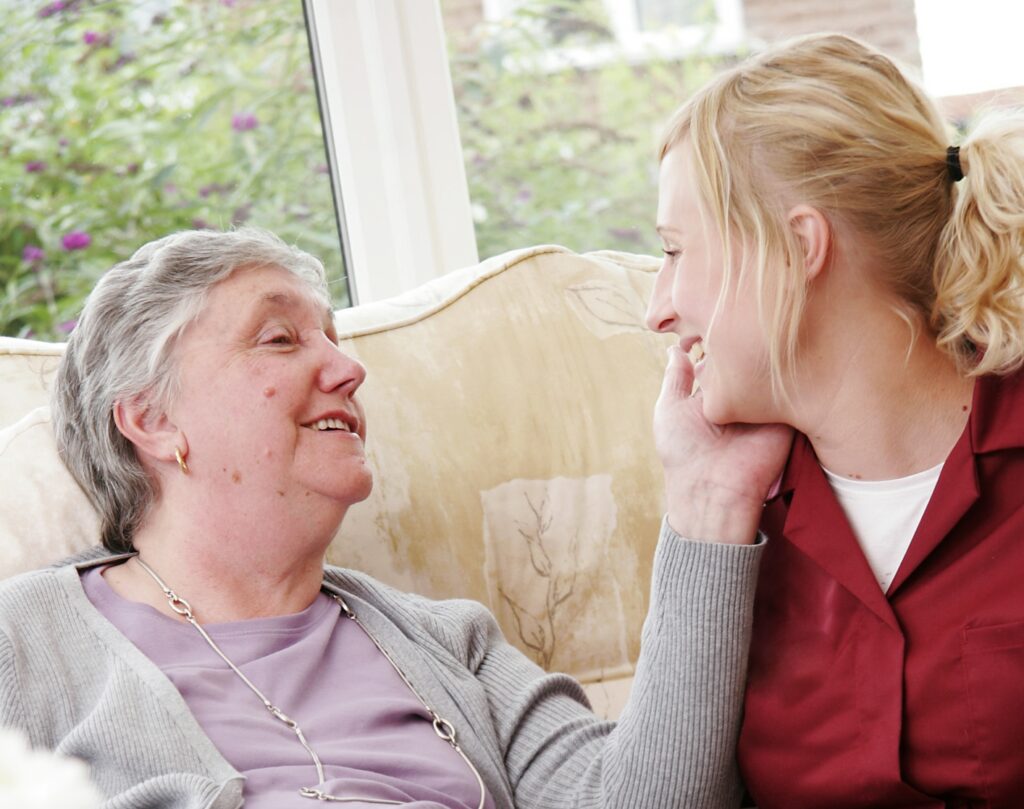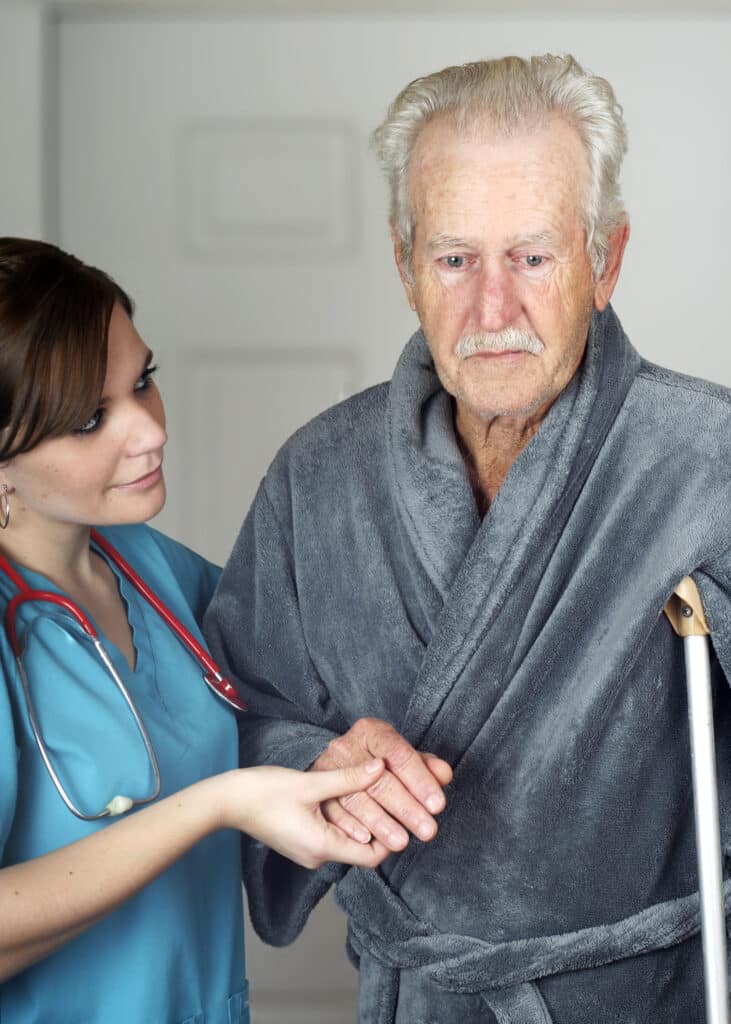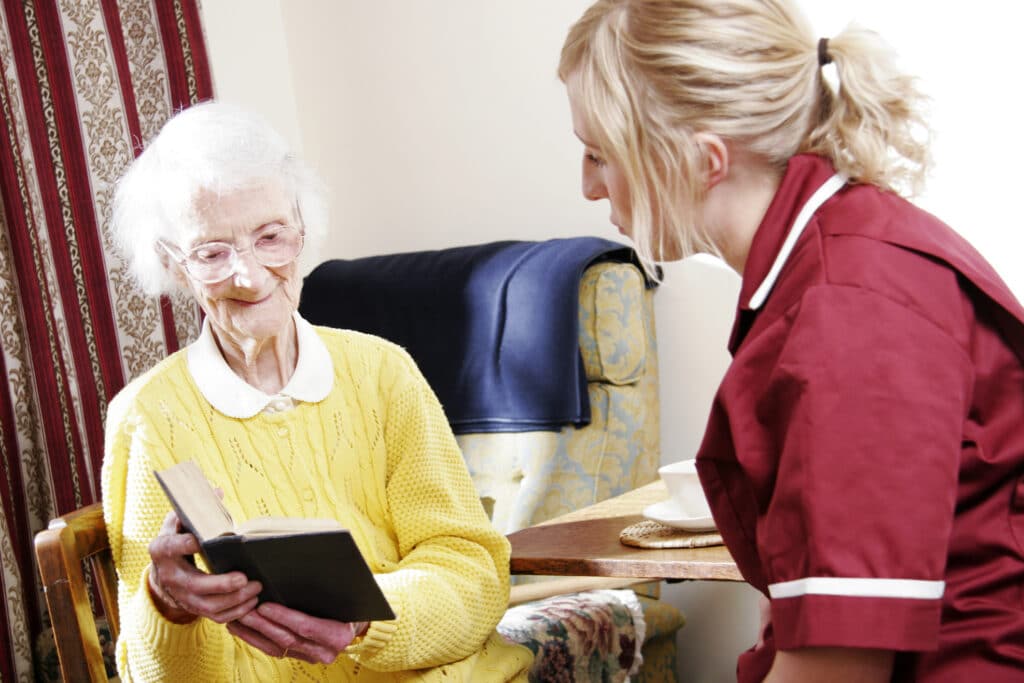Navigating the landscape of ALS: From recognizing symptoms to accessing support and care, explore essential information and resources for the individuals and families affected by this challenging disease.
Information About ALS
What is ALS?
ALS or Amyotrophic lateral sclerosis is also know as Lou Gehrig’s disease in the United States. This is a terminal neurodegenerative disorder that results in the progressive loss of both upper and lower motor neurons that typically control voluntary muscle contractions. This disease affects nerve cells in the brain and spinal cord, which results in the loss of muscle control, and gets worse over time.
Symptoms of ALS
ALS has a variety of symptoms which come together to make up the disease. The symptoms of this disease consist of weakness in the legs, feet, and ankles, difficulty walking, weakness in hands, slurred speech, trouble swallowing, difficulty keeping good posture, and tripping or falling. The symptoms of ALS vary depending on the individual and which nerve cells are impacted. Typically, ALS begins with general muscle weakness and spreads over time, becoming worse. Unfortunately, there is currently no cure for this fatal disease, but it can be helpful to include therapy and medications to slow the progress of the disease.
Advocacy for ALS
Within the United States, there are many groups who advocate for ALS patients and caregivers. The ALS Association is the largest, non-profit organization dedicated to those who have ALS by coordinating care through certified clinical care centers. The ALS Network serves the largest ALS community and provides a comprehensive list of services including equipment loans, research, benefits assistance, advocacy, events, groups, and clinics. They also represent caregivers, Spanish speakers, LGBTQIA+, and veterans.
Healthcare Resources for ALS Patients
The ALS Network, in California connects each person who registers with this network to a professional care manager who can help with maximizing health, independence, mobility, safety, and communication. These services are free of charge and some of them include: assistance navigating care benefits, community resource recommendations, financial assistance, referrals to ALS centers, support groups, support, webinars, and community events. If non-medical home care is needed, there are also A-1 Home Care Agency. A-1 Home Care Agency specializes in caregiving, at home care, and choosing the perfect caregiver for each individual, at home. The home care assistance services they provide are senior care, respite care, in-home care services, round-the-clock care, after surgery care, memory care, hospice care and more for elderly, senior, disabled and terminally ill patients. If you or a loved one is interested in finding a care provider, call (562) 929-8400 or (949) 650-3800.






